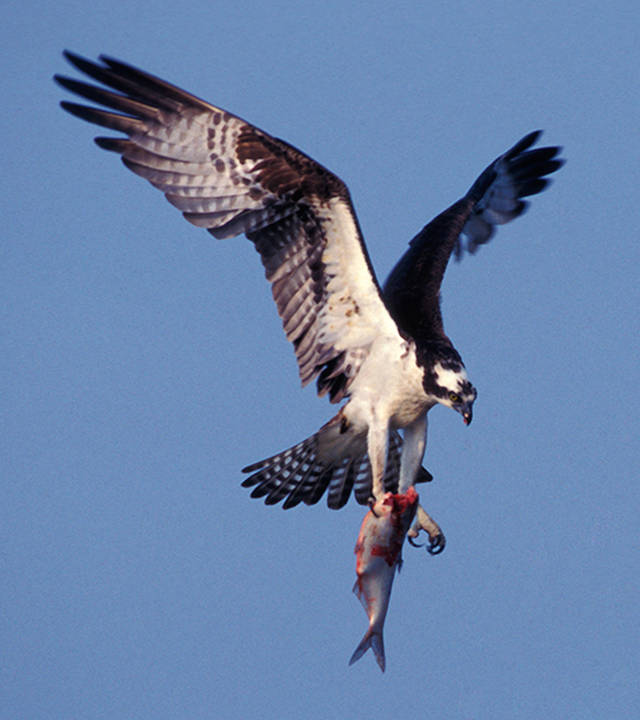Kwiáht Director Russel Barsh will deliver an Orcas Currents lecture on “The Marine Food Web: From Diatoms to Killer Whales” at 2 p.m. on Sunday afternoon, April 29, at the Orcas Island Community Church in Eastsound beginning.
“Summer brings millions of migratory seabirds, fish and marine mammals to the San Juan Islands,” said Barsh. “Hundreds of miles of tightly folded shorelines and nutrient-rich waters foster a dense soup of algae and microscopic crustaceans.”
Humans, therefore, need to pay special attention to the care of shoreline habitats, Barsh explained.
“While it is broadly true that big fish eat little fish and little fish eat plankton,” he added, “recent research has shown that many important marine species are highly selective and therefore depend on a small number of exceptionally nutritious prey species.”
As Barsh will discuss in his Orcas Currents lecture, these relationships can make the marine food web more precarious than previously imagined in the face of pollution and climate change. This is, unfortunately, the case for Southern resident killer whales and the Chinook salmon on which they rely for their primary food.
Since completing his education in ecology and law at Harvard in 1974, Barsh has taught at the University of Washington and worked for many years at the United Nations on indigenous peoples and their environments, in the process serving on three Canadian royal commissions. He began researching the terrestrial and marine food webs of the San Juan Islands in 2001 and five years later helped establish the nonprofit conservation laboratory Kwiáht, headquartered on Lopez Island where he lives. Barsh continues to study bats, wild bees, biogeography and native salmon and trout.
Before the lecture, the Irthlingz duo Sharon Abreu and Michael Hurwicz will sing some of their “Songs of the Salish Sea.” This Orcas Currents event is cosponsored by Janet Alderton. As always, admission is free but donations are welcome.



